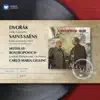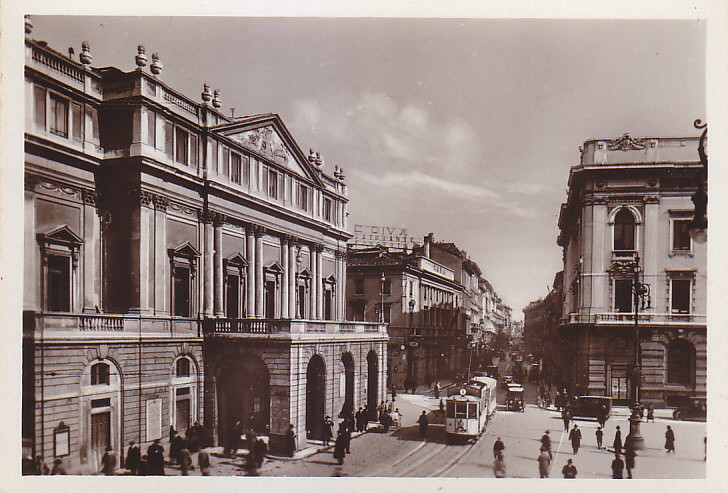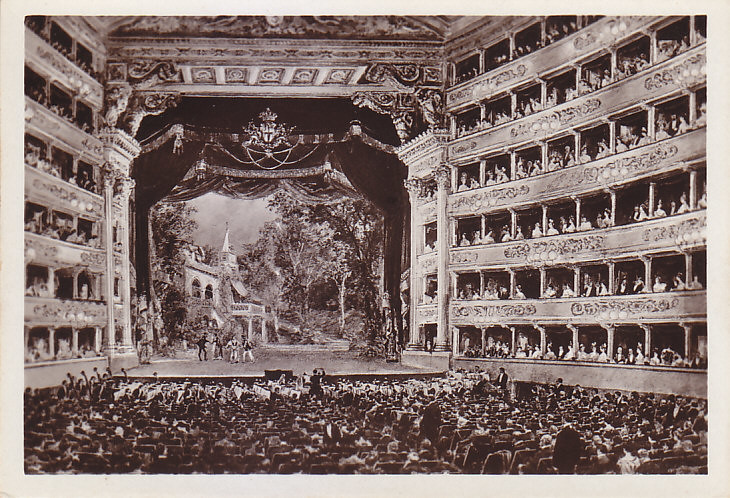Carlo Maria Giulini Biography
Carlo Maria Giulini (Italian pronunciation: [ˈkarlo maˈriːa dʒuˈliːni]; 9 May 1914 – 14 June 2005) was an Italian conductor. From the age of five, when he began to play the violin, Giulini's musical education was expanded when he began to study at Italy's foremost conservatory, the Conservatorio Santa Cecilia in Rome at the age of 16. Initially, he studied the viola and conducting; then, following an audition, he won a place in the Orchestra dell'Accademia Nazionale di Santa Cecilia. Although he won a conducting competition two years later, he was unable to take advantage of the prize, which was the opportunity to conduct, because of being forced to join the army during World War II despite being a pacifist. As the war was ending, he hid until the liberation to avoid continuing to fight alongside the Germans. While in hiding, he married his girlfriend, Marcella, and they remained together until her death in 1995. Together, they had three children. After the 1944 liberation, he was invited to lead what was then known as the Augusteo Orchestra (now the Santa Cecilia Orchestra) in its first post-Fascist concert, and quickly other conducting opportunities came along. These included some of the world's major orchestras including the Chicago Symphony Orchestra, London's Philharmonia Orchestra and the Vienna Philharmonic. His career spanned 54 years with retirement coming in 1998. He died in Brescia, Italy, at 91 years of age.




















































![Stream & download Rigoletto: "Questa o quella" (Ballata) [Duca]](https://is1-ssl.mzstatic.com/image/thumb/Music124/v4/2f/b4/ab/2fb4ab70-6af5-31ba-0e96-63a118e08ce4/00028947672968.rgb.jpg/100x100.webp)








